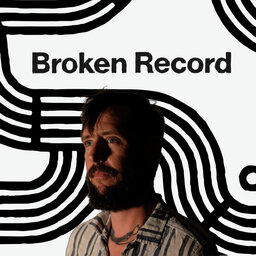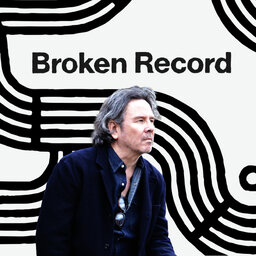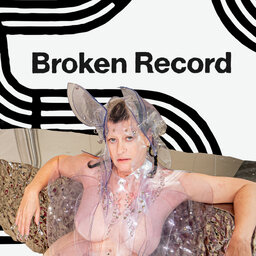George Clinton
George Clinton revolutionized funk music with Parliament Funkadelic, whose theatrical, sci-fi, performance art has captivated audiences worldwide for over five decades. P-Funk’s blend of psychedelic rock and deep, repetitive funk grooves helped bridge the R&B and rock worlds in the ‘70s along with acts like Sly and The Family Stone.
Known as Dr. Funkenstein, George Clinton orchestrated multiple solo acts under the P-Funk umbrella. By the ‘80s, Clinton was also charting as a solo artist with hits like “Atomic Dog,” all of which would later lay the groundwork for hip-hop’s classic G-Funk era.
On today’s episode Rick Rubin talks to George Clinton on Zoom about the origins of his original vocal group, The Parliaments. George also reminisces about the time he dared James Brown to do the splits 18 times in a row while on a music industry panel with Madonna and the Red Hot Chili Peppers.
You can hear a playlist of some of our favorite George Clinton and Parliament Funkadelic songs HERE.
 Broken Record with Rick Rubin, Malcolm Gladwell, Bruce Headlam and Justin Richmond
Broken Record with Rick Rubin, Malcolm Gladwell, Bruce Headlam and Justin Richmond


